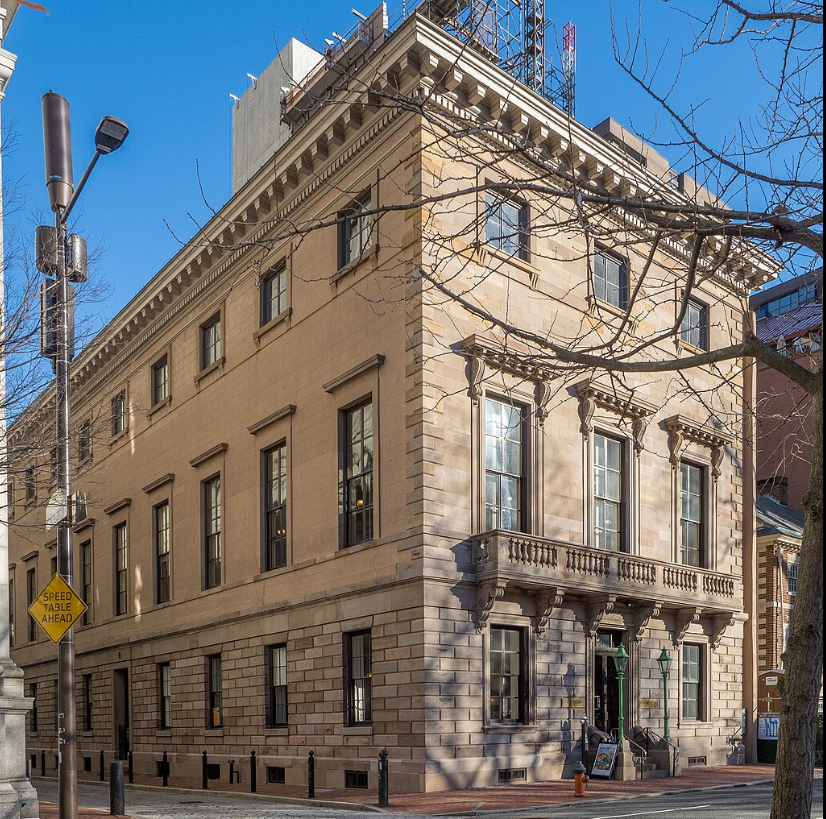The readings for this week—the first chapters of both Doing Oral History by Donald Ritchie and The Oral History Manual by Barbara W. Sommer and Mary Kay Quinlan—were largely centered around exploring and understanding what exactly oral history is. Both chapters provided historical context of the development and evolution of oral history, but the Sommer and Quinlan chapter is constructed more so as a guidebook or, as the title of the book suggests, a manual, demonstrated by its usage of diagrams and bulleted “benchmarks” of oral history (The Oral History Manual, 14–6). Ritchie’s chapter assuredly provides guidance and instructions on the conduct of oral history, particularly of the interview process, but provides more in the form of historical commentary and theoretical considerations. Both chapters also contained information regarding the interdisciplinary nature of oral history; how it compares to journalism, folklore, traditional storytelling, public history, and memory.
Both chapters also share very key themes regarding oral history. Broadly speaking, both chapters are concerned with whether oral history has a place in credible and academic historical scholarship. Some skeptics and critics of oral history consider it “nostalgic and unreliable, and distrust eyewitness accounts as too subjective” (Ritchie, Doing Oral History, 28). Others dispute oral sources as being largely contaminated by the selectiveness and inconsistencies of human memory (Ritchie, Doing Oral History, 31). Historical documents, although challenged by recent theoretical developments, still hold a vitally important place in historical scholarship (especially within academia). These documents often carry an assumption of objectivity and a perception of perpetuity, which consequently can lead some to decry the subjective and temporal nature of oral sources (Ritchie, Doing Oral History, 28). Both chapters disagree with these aforementioned criticisms of oral history, instead seeking to establish it as a credible research methodology that is able to delve into and grasp topics that traditional research methods struggle to address. The relationship between oral history and public history is a particularly interesting topic to explore, as both fields struggled with recognition and had to more or less prove their worth in more academic and scholarly circles.
Ultimately, these readings led me to raise a significant question regarding the use and practice of oral history: how does treating oral history as merely a source, as compared to a dedicated methodology, produce differing scholarship? Take, for a pertinent example, how one could go about answering the question of why Philadelphia can’t have its own city history museum (or rather why the Atwater Kent Museum failed)? I’m sure someone could write a very informative and insightful, if somewhat bland, answer to such from a purely institutional or economic perspective, using perhaps only a few oral history interviews as conjecture or confirmation. How would answering such a question using oral history as the primary research methodology end up? Would economics and institutions play less (or perhaps more, regarding the latter?) of a role as compared to cultural or social factors? While objectivity in historical scholarship may or may not be a myth, I would imagine a historian extensively relying on oral sources and interviews with relevant persons or parties would demonstrate a much more marked “bias” towards their selected subjects. Or maybe not. I would love to see just how much freedom a properly applied oral history methodology gives a historian in developing and furthering an argument. Does doing oral history, in accordance with the principles and guidelines established by the two book chapters, place the historian in an even better position to deliberate over and craft a response to a complex historical question? Or does it muddle the narrative even further by placing the historian even closer to its subjects? If “history is the verdict ‘of those who weren’t there on those who were,’” (Ritchie, Doing Oral History, 29) then how does oral history fit into this assertion?
